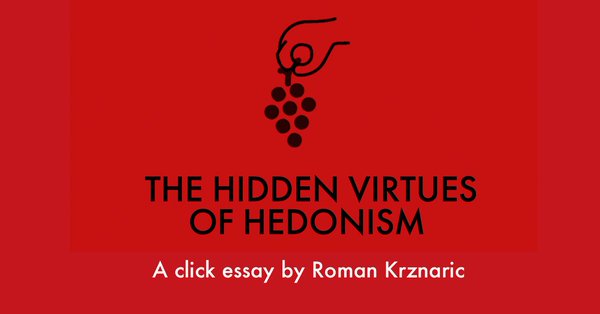‘Life is short. Have an affair.’ This is the carpe diem tagline of Ashley Madison, the world’s most famous website for arranging an extra-marital fling. ‘Thousands of cheating wives and cheating husbands sign up every day looking for an affair,’ the Canadian-based site boasts, claiming that it has over 40 million users in more than fifty countries, who it matches together for ‘discreet encounters’.
In July 2015, however, the company’s promise to guarantee absolute secrecy received the ultimate blow: its data was hacked and posted online. Suddenly anyone could check whether their spouse had signed up and search their personal profile for their wish-list of kinky turn-ons. The fallout has included a flood of divorces, alleged suicides, shaming of public figures and an epidemic of distrust, with suspicious partners starting to covertly check the emails and texts of their significant other for evidence of an Ashley Madison liaison.
Ashley Madison’s membership figures have been shown to be exaggerated, but there is clearly an enormous appetite for having a fling: nearly 60% of men and over 45% of women have an affair at some point during their marriage. Yet the set-up promoted by Ashley Madison and other similar companies is widely seen as immoral, irresponsible and indulgent. It’s hedonism taken to the extreme – pleasure for pleasure’s sake, regardless of the consequences – and contributes to the generally bad reputation of hedonism, whether it’s extra-marital sex, binge drinking, taking drugs or gluttonous overeating. In many people’s minds, hedonism is about sin, selfishness and deceit, anti-social excess, debauchery and addiction. The dominant image is that hedonism harms – sometimes ourselves, and often others.
In the nineteenth century, the historian Thomas Carlyle condemned the philosophical ideal of utilitarian hedonism – maximising pleasure as the chief purpose of life – as a ‘doctrine worthy only of swine’. The self-help industry today takes a similar position. Pick up a typical book on happiness or wellbeing and I can almost guarantee it will not suggest downing a couple of tequila slammers, devouring a large slice of chocolate cake, having an affair or smoking a joint under the stars. Instead you are likely to be offered a healthy diet of positive thinking exercises, advice on breathing techniques to hone your meditation skills, and top tips on time management to destress your life.
This kind of guidance reflects a growing puritanical streak in the modern happiness movement, which focuses on promoting moderation and self-control while leaving hedonism off the agenda. It is usually only discussed in pejorative remarks about what psychologists call the ‘hedonic treadmill’ – the idea that we get caught in cycles of seeking material pleasures, such as buying a fancy sports car or taking a luxury Caribbean cruise, which only give a temporary boost to our wellbeing and leave us hungry for more.
It is time to challenge this new puritanism and recognise that hedonism is a source of unexpected virtues. I’m not in favour of having secret affairs, buying a Lamborghini or becoming a strung-out coke addict. Rather, we need to appreciate that hedonism has long been central to human culture, personal expression and passionate living, and it is essential that we find a place for it in modern life.
How can we develop a more positive attitude towards hedonism? Easy: by getting immersed in one of the great carpe diem poems of the nineteenth century. To find out what it is, seize the moment and have a quick read of my new ‘click essay’, The Hidden Virtues of Hedonism, based on my book Carpe Diem Regained. I hope you enjoy the pleasures of it.


A very fair, very profound and provactive article! Well done! Off now to read Roman’s “The Hidden Virtues of Hedonism”!